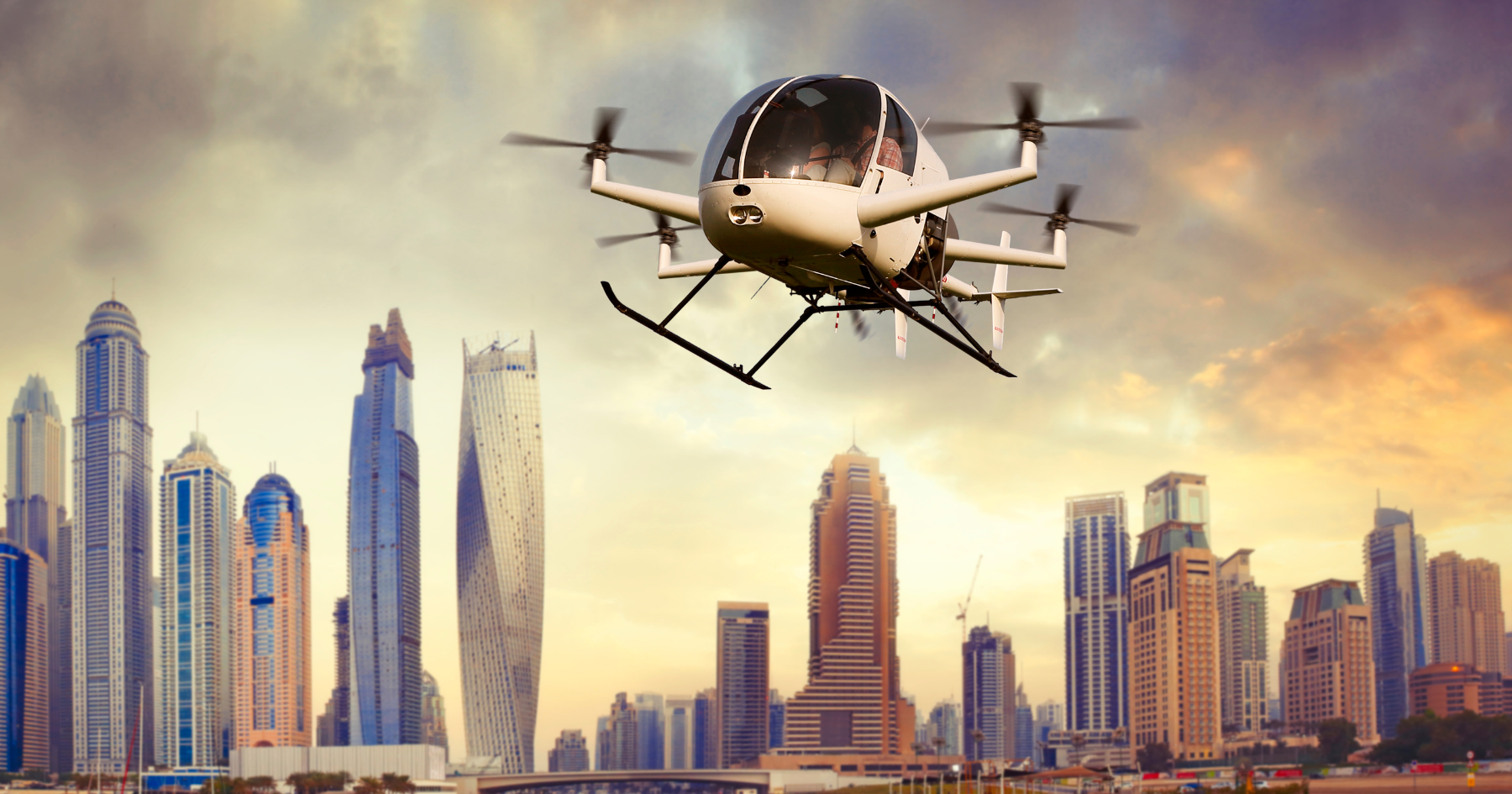
It’s not unusual in Dubai to see driverless shuttles on trial or to hear about flying taxis preparing for launch. The city that gave the world the tallest tower now wants to redefine mobility. By weaving *autonomous vehicles, **AI-driven public transport, and *flying taxis into its urban fabric, Dubai is positioning itself as a pioneer in future mobility.
How Dubai is Building Autonomous Mobility
The Roads and Transport Authority (RTA) has set an ambitious target: 25% of all journeys in Dubai will be autonomous by 2030. Trials of self-driving shuttles in business districts and residential areas have already taken place. AI-powered traffic management is in place to optimize routes and reduce congestion. Partnerships with international technology firms are bringing advanced autonomous systems into Dubai’s transport network (rta.ae).
The Flying Taxi Project
Dubai has attracted global attention for its flying taxi ambitions. In partnership with firms like Joby Aviation and *Volocopter, the city is preparing to roll out *electric vertical take-off and landing (eVTOL) vehicles. Test flights have already taken place, with plans for commercial launch once regulatory approvals and vertiport infrastructure are in place. These taxis promise to cut travel times dramatically, linking key areas like Downtown, Palm Jumeirah, and Dubai Marina in minutes.
Evidence on the Ground
• Autonomous Shuttles: Pilot projects in Downtown Dubai and Expo City demonstrated safe, reliable short-route transport.
• Flying Taxi Trials: Successful demonstration flights in 2017 and renewed trials in 2023 reinforced Dubai’s credibility as an early adopter.
• AI Traffic Systems: Smart cameras and predictive modeling are already helping the RTA reduce congestion and accidents.
• Infrastructure: Plans are underway for vertiports near Dubai International Airport and strategic business hubs to support eVTOL services.
Broader Context and Impact
Autonomous mobility aligns with the UAE’s Net Zero 2050 and Vision 2031 strategies. Electric autonomous vehicles and flying taxis reduce emissions, ease congestion, and create new business opportunities. They also strengthen Dubai’s global brand as a hub for innovation, tourism, and investment.
Globally, cities from Singapore to Los Angeles are experimenting with autonomous transport, but Dubai’s regulatory agility and infrastructure readiness give it an edge. Where others pilot, Dubai scales.
Challenges and Adaptation
The road to autonomous mobility is not without obstacles. Cybersecurity threats, public trust, insurance frameworks, and air traffic regulations must evolve. Yet Dubai’s model of rapid piloting, strong regulation, and private-sector partnerships is helping it address these issues faster than many global peers.
Where Momentum is Heading
• Commercial launch of eVTOL flying taxis with integrated vertiports.
• Expansion of self-driving buses and ride-hailing fleets.
• Greater AI integration in traffic and logistics management.
• Public-private partnerships accelerating adoption of green mobility solutions.


